Supporting depression treatment with CBD oils? Sanitary and Epidemiological Station won't confirm it
min. reading
Here’s what you need to know about the use of CBD oil for treating depression. There is no way that CBD oil can cure this disease! Yes, you’re reading it right. CBD does not treat depression, anxiety or any other mental disorder or disease at all. Now, you’re probably thinking, after all, you can read about “CBD depression therapy” on every other website about CBD on the internet. Sanitary and Epidemiological Station would disagree with that. Depression is a modern civilization disease, which affects more and more people and about which there is (rightly!) more and more talk. Many people try to avoid antidepressants, which sometimes have a number of unpleasant side effects, and seek help coming from nature. And this is where the vendors come in, promising miraculous solutions, i.e. curing depression with CBD oil. CBD and depression have common denominators, but it’s important to remember once and for all: CBD oil cannot replace medication in treating depression. If you are suffering from depression or your close friend or relative is struggling with this illness, seek professional help and find out more about this disease! It is a serious and, most importantly, deadly disease that takes a heavy toll every year, not only on adults but also on younger and younger children.
What is depression? What are its types?
Depression is not a single disease whose course and symptoms would be the same in everyone, as in the case of cold. It’s a complex group of different types of mental disorders. Its major symptoms include:
- low mood,
- sadness,
- low self-esteem,
- pessimism,
- suicidal thoughts,
- anhedonia (inability to experience joy),
- appetite disturbance,
- sleep problems (excessive sleepiness or insomnia).
Traditionally, depression can be divided based on its causes:
- endogenous depression, or depression that comes from within. It is depression whose root causes can be traced to genetics and whose external cause cannot be determined (lack of severe stress or traumatic experiences).
- exogenous depression, otherwise known as reactive depression. It is depression caused by severe stress, overwhelming events such as death of a loved one, extremely stressful situations in life, sudden and serious illness, etc.
Not all researchers approve of this division. There are other divisions as well, here is one of the more popular ones, dividing depression into:
- anaclitic
- anankastic
- atypical
- depersonalising
- hypochondriac
- drug-resistant
- anxiety
- masked
- melancholic
- youthful
- postpartum
- seasonal
- delusional
- caused by psychoactive substances
- inhibited
- catatonic
- with associated sexual dysfunction
- Cotard syndrome
As you can see, there are plenty of types of depression and it can actually be caused by a whole range of factors. The more we evolve as a society, the more threats to our well-being and health emerge. So, it’s not surprising that more and more people are trying different methods to deal with this problem. And that natural ways to support mental health are growing in popularity.
Does CBD oil help in the treatment of depression and anxiety?
Can CBD support the treatment of depression in any way? Do CBD and depression have anything in common at all? According to official and confirmed information – no. CBD doesn’t have any properties and can’t cure any disease, including depression and anxiety. That’s why you can’t write about hemp supplements with phytonutrients or advertise them in this way. You won’t find them on the shelf with antidepressants either. Does that mean no one is even interested in that?
Research on CBD and depression is ongoing! One study conducted on mice showed that mice that were given CBD showed more interest in activities that gave them pleasure, such as playing. CBD acted similarly to antidepressants.
Another study conducted on an animal model on CBD and anxiety led researchers to conclude that CBD has an effect on anxiety and worry. They found that CBD alters cerebral blood flow in those areas that are responsible for anxiety reactions: the amygdala, hippocampus or hypothalamus.
However, research trials are also done on people suffering from mental disorders. Researchers, while conducting tests on humans, came to the conclusion that after taking CBD by the tested people, their anxiety levels decreased significantly. As in mice, altered blood flow in the brain was observed in areas responsible for fear reactions and anxiety.
You can find hundreds of such studies, and these are just the ones that have been published along with their results. There are many trials that are still ongoing, or ones whose results have never been made public.
One thing is certain. You cannot come off antidepressants on your own in favour of CBD oils. CBD and depression is still a new topic and there are still no official health claims for this natural substance. CBD oil for treating depression should only be used under the supervision of a doctor who is familiar with the subject and knows which antidepressants can be combined with CBD oil and which cannot.
Impact of your diet on depression
There’s a reason why the gut is called our second brain! What you eat, how you eat and how much you eat has a significant impact on your physical as well as mental well-being. Your gut microbiome can affect the feeling of anxiety or mood disorders. That’s why it’s a good idea to keep your stomach happy and take the best care of it. Psychobiotics can help you do this. What are they? These are prebiotics or probiotics that can have a positive impact on your mental well-being.
So, what is worth eating within the food group of psychobiotics? These are mainly pickles: sauerkraut or dill pickles, drinking kombucha is also a good option. And, if you like it, you can eat dairy products: kefir or yoghurt. Fermented soybean products are also good for the microbiome.
When choosing psychobiotics, look for exemplary composition, proven origin and high quality. This will help you make sure that these foods actually support your gut microbiome, without introducing any unnecessary substances to the body.

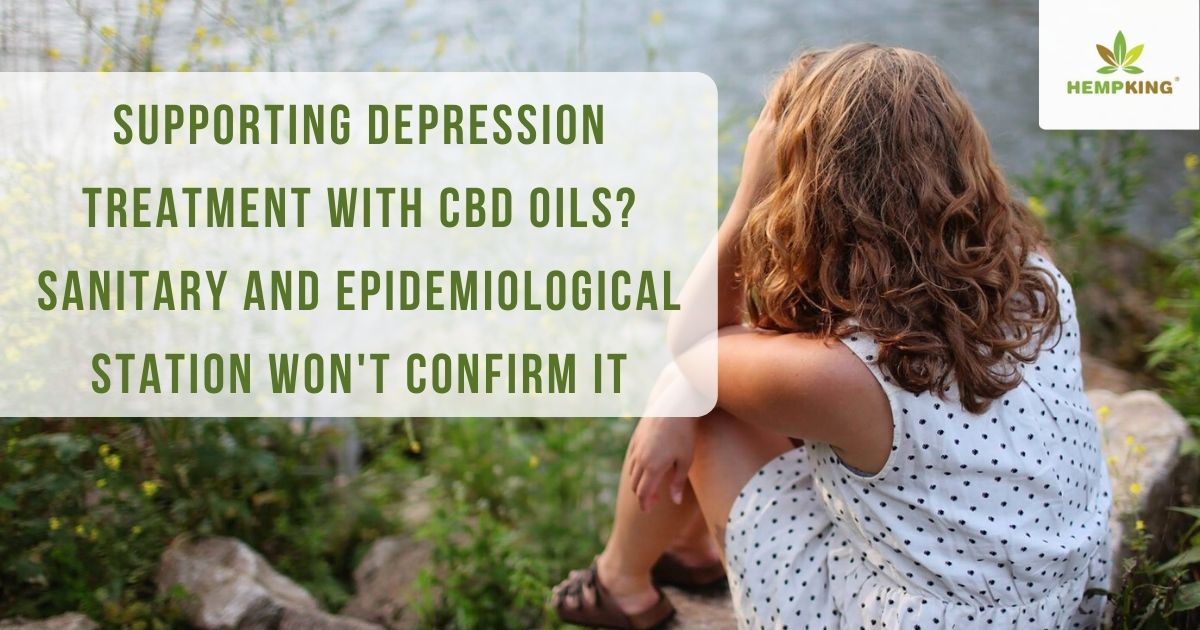
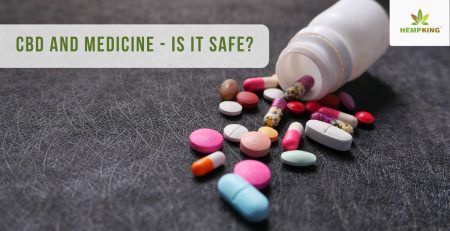
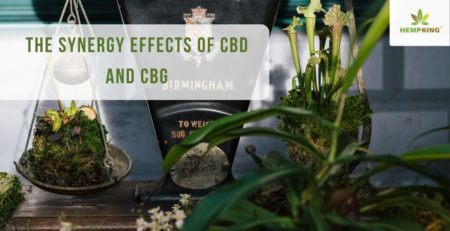
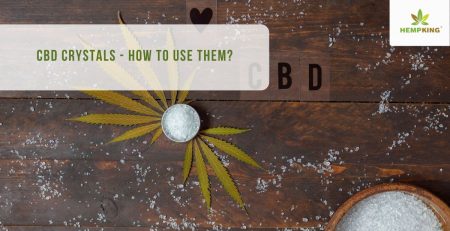
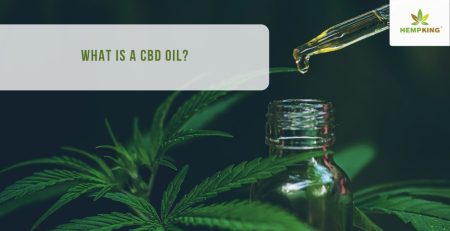
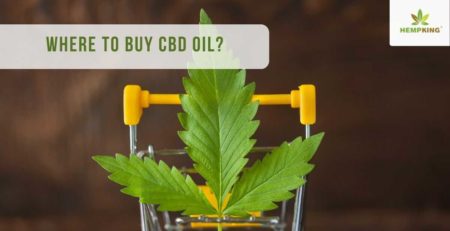
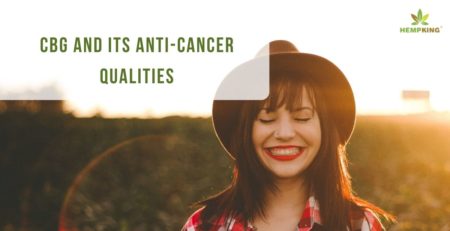
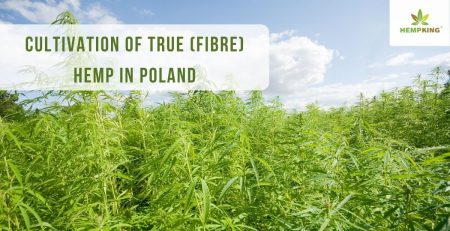
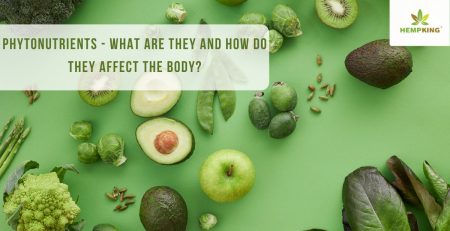
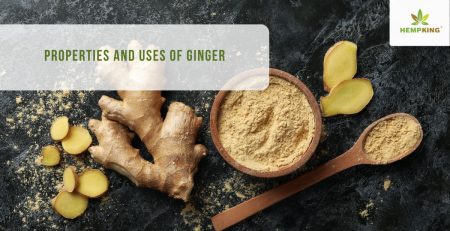

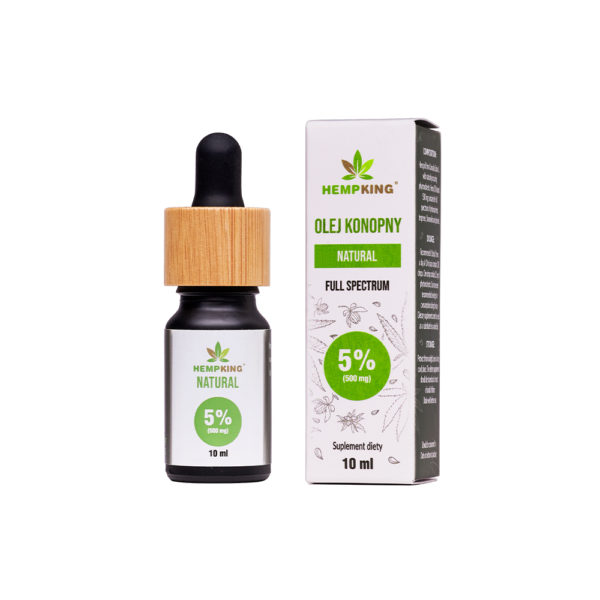
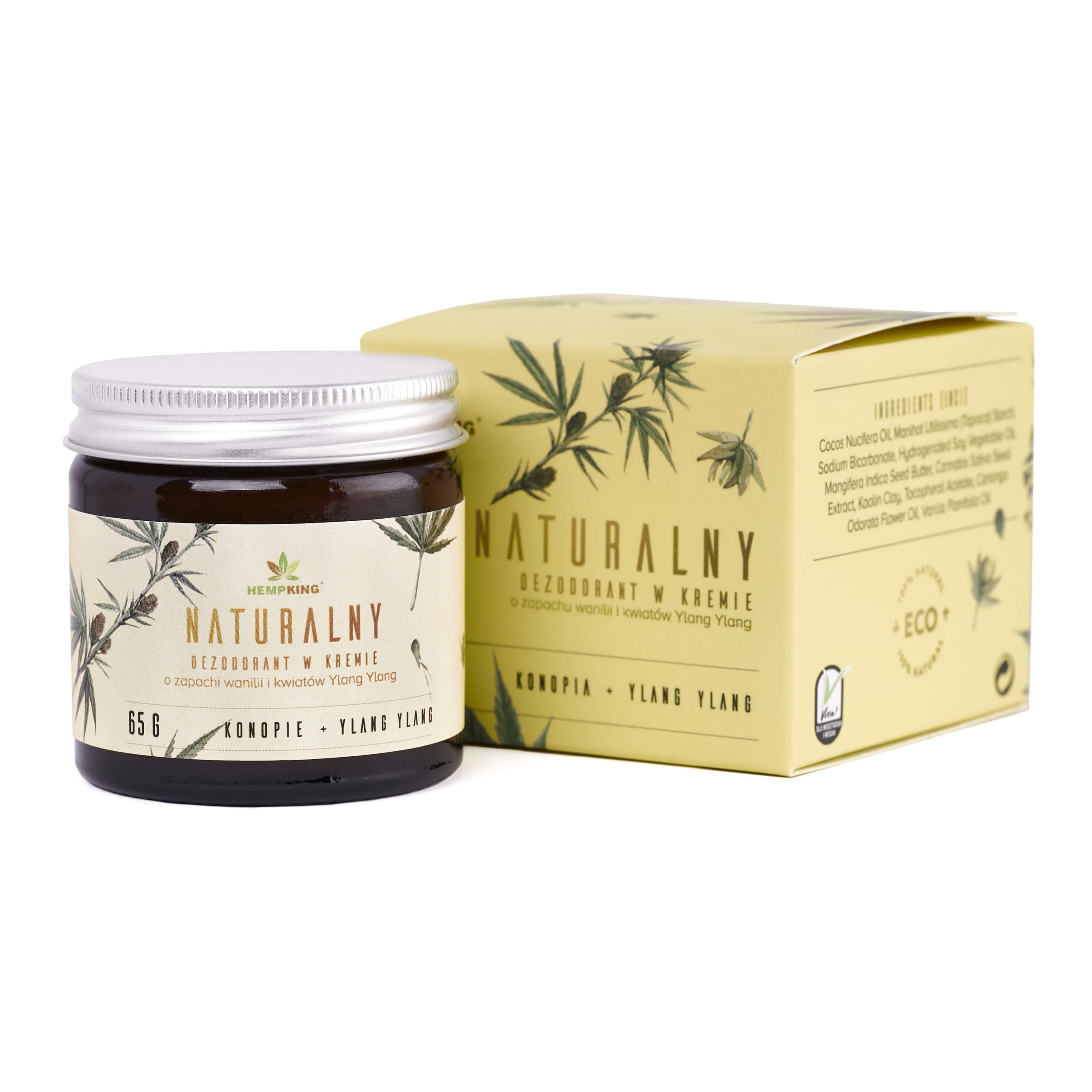
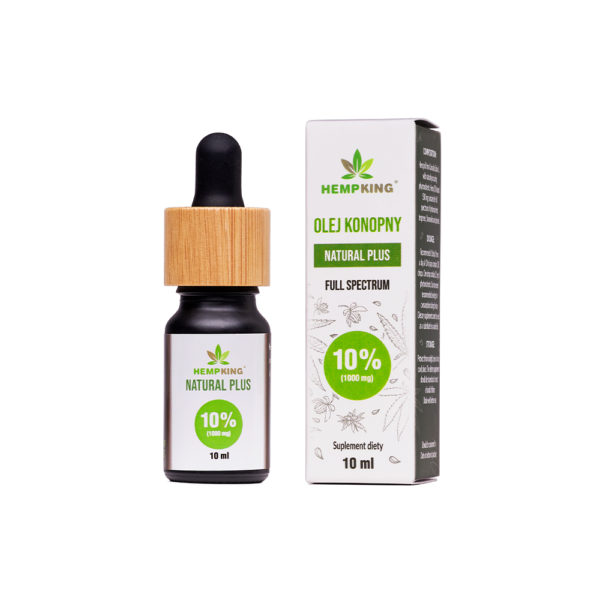
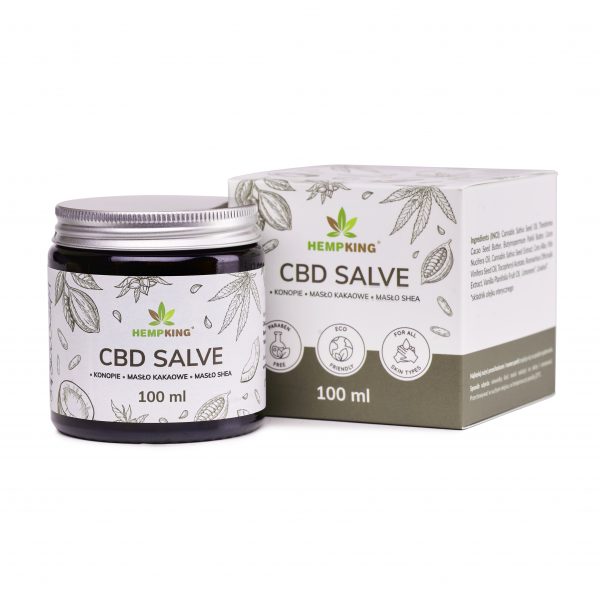
 Facebook
Facebook Instagram
Instagram

Leave a Reply